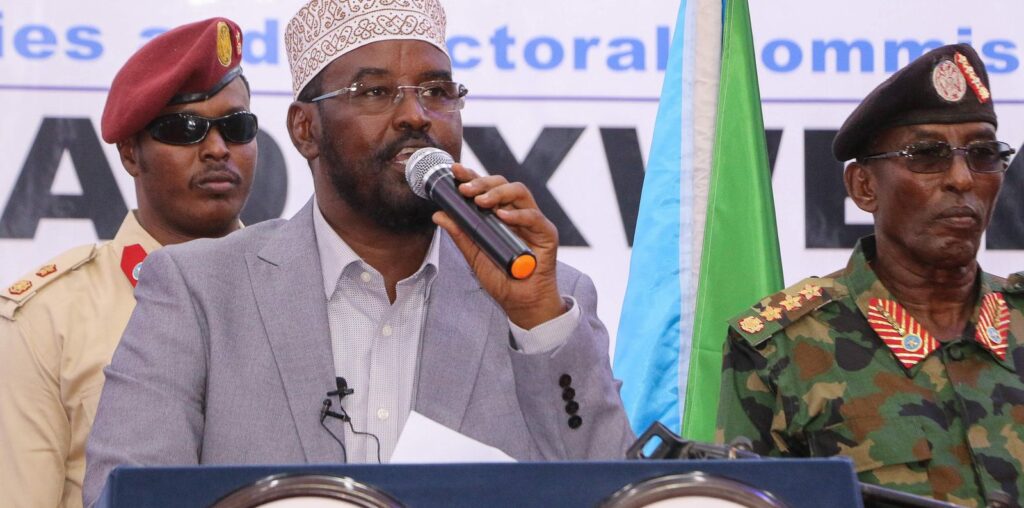
The vote came after the region amended its constitution to remove presidential term limits and despite the central government’s proposal to push it back until 2025.
Somalia, which is struggling to emerge from decades of conflict, had hoped to align Jubaland’s poll with plans to roll out a one-person-one-vote election system nationwide.
Universal suffrage is already in place in the breakaway region of Somaliland, which declared independence in 1991 but has never been recognised internationally.
In May 2023, the semi-autonomous state of Puntland also held local polls by direct ballot, but cancelled plans to use the system again for local and regional elections in January 2024.
Madobe accused the federal government of President Hassan Sheik Mohamud of trying to stir up violence, warning in his victory speech that they should “not rewind history”.
“There is nobody who is in charge other than me here now,” he said.
Madobe’s win was, however, contested by a senator from the federal government who claimed he was the actual winner.
Madobe, with the help of Kenyan troops, pushed jihadist group Al-Shabaab out of their former stronghold in the region’s capital, the port city of Kismayo, in 2012.
Neighbouring Kenya and Ethiopia see Jubaland — a lush, relatively prosperous part of Somalia where they have many troops — as a buffer against Al-Shabaab militants who have staged several bloody attacks in their countries.
str-ho/er/ju
© Agence France-Presse

